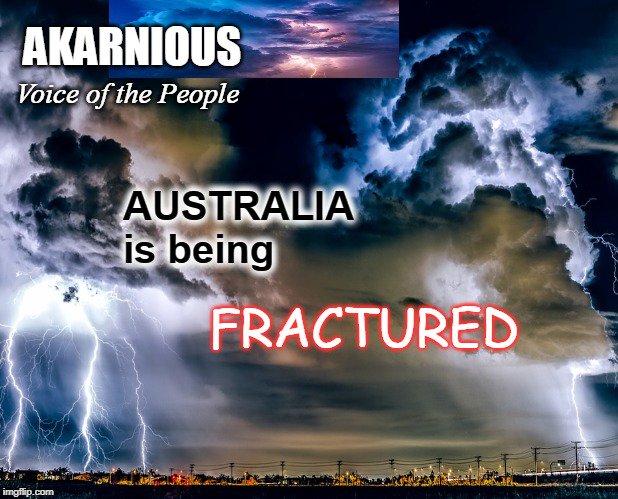It’s meant to protect persecution of different faiths. Currently the US is being challenged by deeply religious politicians & religious leaders.
That has wide reaching implications and is inherently political in nature.
How else can a voter determine support for a deeply devoted religious candidate? Especially if the voter doesn’t share the faith.
Catholic dogma has strict guidelines on procreation. Restrictions on bodily autonomy of women is permitted, even encouraged, due to dogma of the faith.
All are current issues being debated within Canadian politics. If a politician uses his/her faith to inform policy, their policies could restrict access through legal means.
Questioning the beliefs & values of the devoutly faithful and the dogma their faith proscribes was off limits, taboo, forbidden. It was an unwelcome intrusion of personal privacy & strictly enforced.
Private beliefs & values are off limits. And should be. Private legal conduct should not be political.
But the decision is not mine. This is a national debate.
Using religious belief to inform & design social and economic policy makes the dogma and ideology of ALL faiths political.
But much has changed within the Church in the past couple decades. A schism of sorts has emerged. Like Protestants, Catholics now have different sects.
Pope Francis has caused quite a rift in Catholic faithful and leadership. Two camps have emerged.
Trudeau and Scheer are from opposing factions within the Catholic Church. Their beliefs and values are at moral odds.
Traditionalists are more likely to be conservative, promote the use of church dogma to inform policy, & support criminalization of abortion, assisted suicide & contraception.





